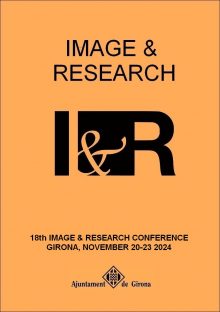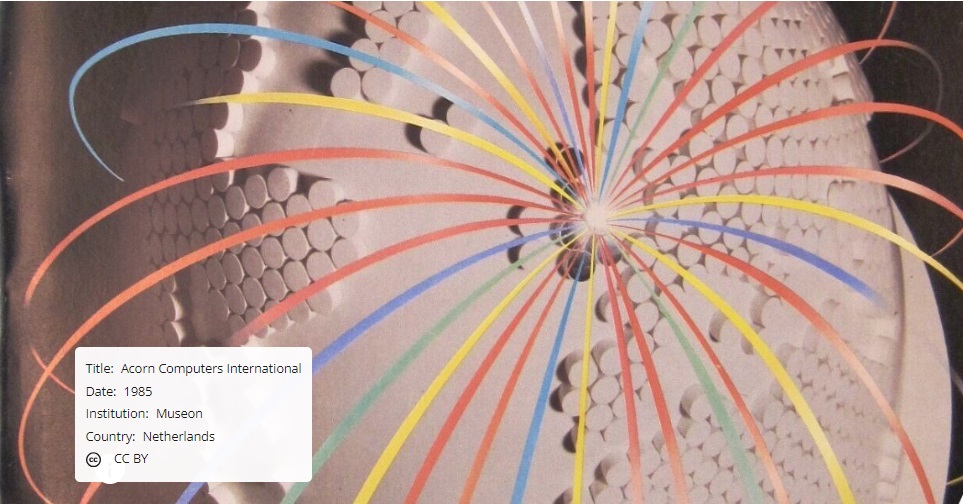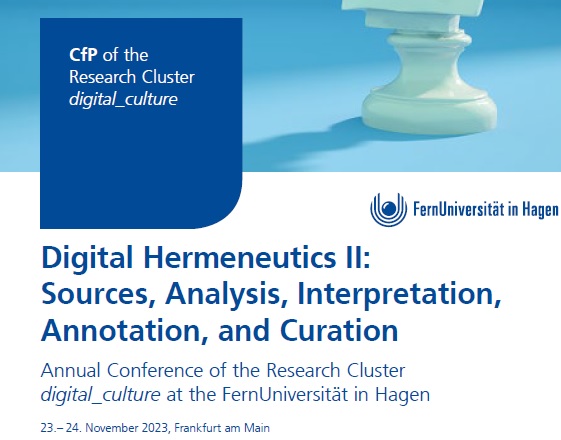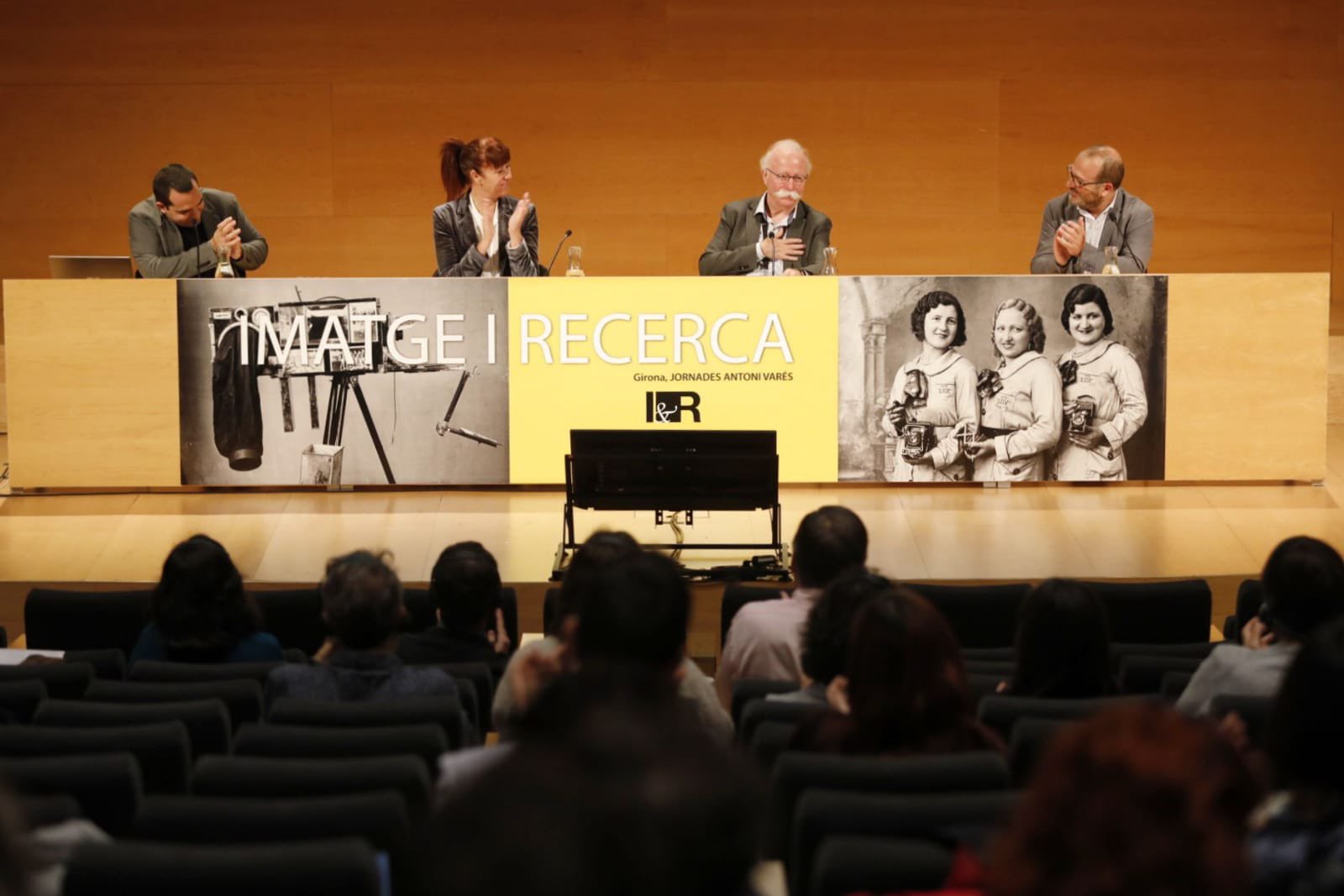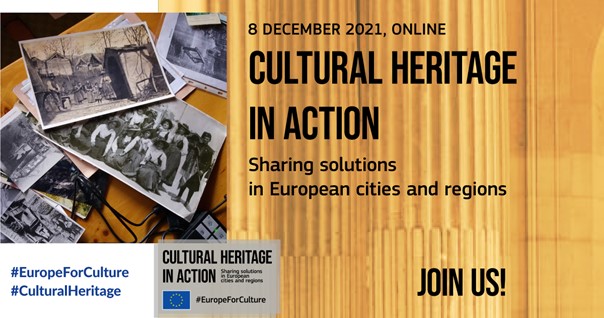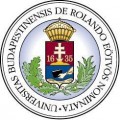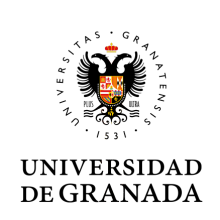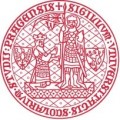It is based on the Member States specific reports submitted
through the DCHE (Expert Group on Digital Cultural Heritage and Europeana).

In the report some important themes emerge:
– use of 3D technology for digitisation of cultural heritage artefacts, monuments and sites,
– initiatives to enhance digital capacity in the cultural heritage sector.
Some examples of good practice during the 2015-2017 are also presented.
The recent fire at Notre Dame that broke out on 15 April 2019 proves that immovable cultural heritage, an important part of Europe’s cultural resources, is particularly vulnerable to threats difficult to predict or prevent. In this contest, the report shows a new important trend: the Member States are increasingly working to make the most of digital technologies and reporting funding programmes for digitisation of immovable cultural heritage, some of which reported 3D digitisation in particular.
Moreover, about the Online Accessibility of Public Domain Material, it reveals that most States promote preserving public domain status of cultural heritage after digitisation.
The data collected by Europeana confirm that quantitative targets have already been widely achieved while it is necessary to focus on quality management.
In order to promote high-quality content in Europeana, the EU funded aggregation projects have begun to include quality criteria.
of public institutions, competence centres or associations taking action in this area; three Member States reported participation in European projects dedicated to digital preservation.
However, the Member States suggest a reinforcement and update of some themes to keep up with the overall regulatory, political and technological developments, as well as to review low impact provisions.




